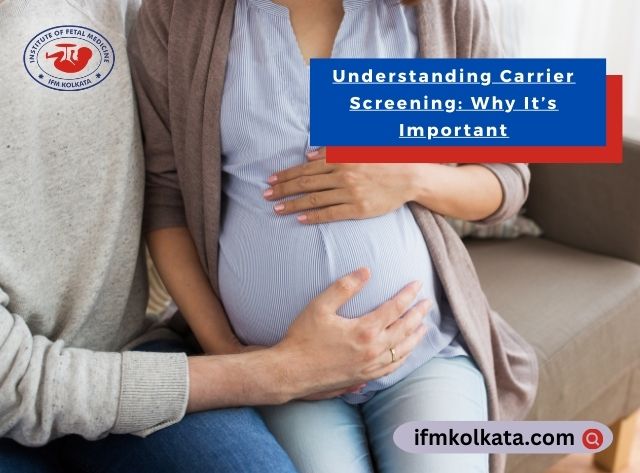Carrier screening is a vital genetic test that helps identify whether individuals carry a genetic mutation that could be passed on to their children. It’s particularly important for couples planning a pregnancy, as it can assess the risk of their offspring inheriting certain genetic disorders.
Carrier screening tests for recessive genetic conditions, where both parents must carry a mutation in the same gene for their child to be at risk. Common conditions screened include cystic fibrosis, Tay-Sachs disease, and sickle cell anaemia. If both parents are carriers of the same genetic condition, there’s a 25% chance with each pregnancy that their child will inherit the condition.
There are two types of carrier screening: targeted and expanded. Targeted screening focuses on specific conditions more prevalent in certain ethnic groups or families with known genetic risks. Expanded carrier screening, on the other hand, tests for a wide range of conditions, regardless of family history or ethnicity, giving a broader picture of potential risks.
One of the key benefits of carrier screening is that it allows couples to make informed reproductive decisions. If both partners are carriers of the same condition, they can consider various options, such as in vitro fertilization (IVF) with preimplantation genetic diagnosis (PGD) to select unaffected embryos, using a sperm or egg donor, or preparing for the possibility of having a child with a genetic disorder.
Carrier screening is an important tool in reproductive planning. By understanding their genetic risks, couples can take proactive steps to protect their child’s health and make informed decisions about their future family.

